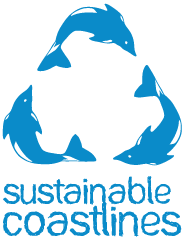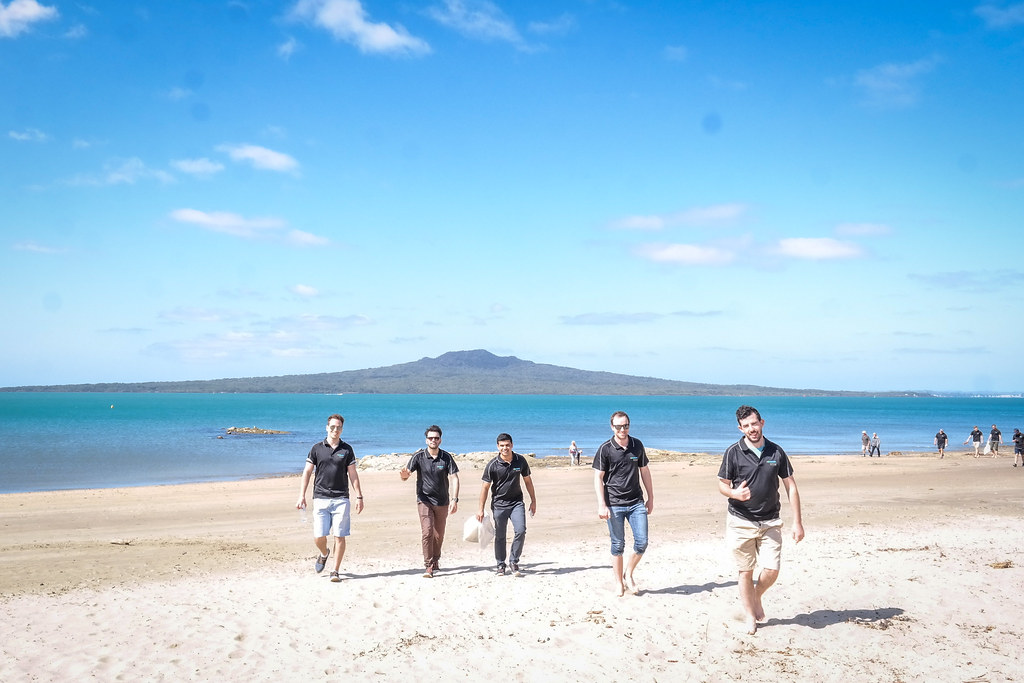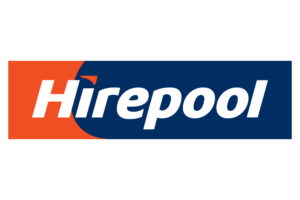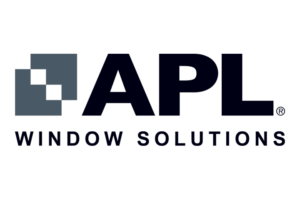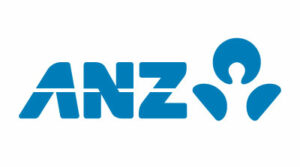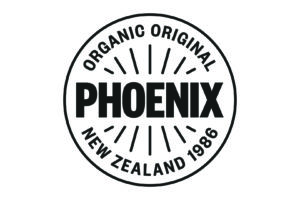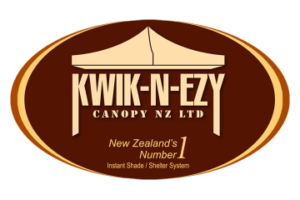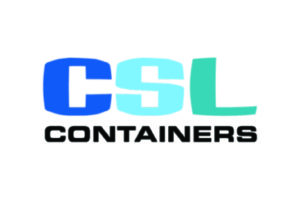Introduction
Education is a critical instrument in the toolkits many organisations use to take on a wide range of environmental challenges. To evaluate the success of current activities and inform the development of better future programs, it is crucial to gain a detailed understanding of how effective environmental education programs are in achieving their goals.
In 2012 and 2013 we worked with industry experts from Studio Huss to develop a simple, user-friendly framework for evaluating the effectiveness of environmental education that can be replicated and tailored by other organisations.
Throughout 2014, we used this framework for a comprehensive pilot study to measure to what extent Sustainable Coastlines’ ‘Love Your Coast’ litter awareness presentation and other educational intervention tools influenced short- and long-term awareness about litter in the marine environment, as well as its impact on short- and long-term behaviors related to litter.
What was involved?
During the study, school students aged 8-12 years were first asked to complete a ‘Baseline’ survey to gain an understanding of baseline awareness of the core messages and behaviors the presentation aimed to address. The same students then attended a 15-20 minute ‘Love Your Coast’ presentation and within 1-4 weeks of this they completed a second ‘Interim’ survey measure short-term impacts. Finally, 6-9 months after the presentation, the same students completed ‘Post-Intervention surveys to measure sustained awareness and behaviors relating to the messages delivered through the educational intervention.
The results of this study indicate significant increases in ‘awareness score’ following the educational intervention that, despite an expected tapering off by the ‘Post-Intervention’ stage, still represent a statistically significant increase in long-term overall awareness of the key messages delivered. As expected, long-term behaviors were more difficult to influence through the presentation tool only, with only small impacts observed. This insight led to the recommendation and development of additional educational intervention and evaluation tools that Sustainable Coastlines is currently implementing during a comprehensive study in 2015 (see ‘Love Your Water’ study above).
Researchers and practitioners are invited to utilise this evaluation framework and the comprehensive set of documentation provided on this page to tailor this study for the evaluation of their own programs.
Docs and Downloads
The following documentation will be made publicly available following the presentation of this study at The Conference on Communication and Environment in Boulder, Colorado, 11-14 June 2015.
Framework documentation: Notes on the methodology, structure and implementation of the study, as well as answers to Frequently Asked Questions. Download here
Conference presentation: Microsoft Powerpoint presentation about the framework and pilot study delivered at the COCE 2015 conference. Download here (62MB)
Survey examples: The Baseline, Interim and Post-Intervention surveys delivered to study participants. Surveys are editable Microsoft Word documents that can be used as templates for laying out similar surveys.
- Baseline survey. Download here
- Interim survey. Download here
- Post-Intervention survey. Download here
Pledge poster examples: These posters were printed at A2 size and distributed to many school classes following the ‘Love Your Coast’ presentation. Students were asked to vote on which of the three pledges they would most like to take up, the class was then presented with their own copy of this poster, and teachers were asked to get all students to sign the poster and display it on the classroom wall for the rest of the school year. Download here
Presentation example: Click here to see a video of the Love Your Coast presentation that was delivered to participants as the primary educational intervention during this study.
Data entry template: A Microsoft Excel spreadsheet template that is set-up to receive data from the surveys or similar surveys to those provided with this study. The spreadsheet is set-up to be analysed through SPSS, R Data or other analysis software. Download here
Data entry ‘How To’ guide: A step-by-step guide for entering survey data into the data entry template above. Download here
Ethical considerations
A summary of the primary ethical considerations for this study are listed below:
- The information that participants provided was treated confidentially and no names were recorded. The names and locations of the schools involved in the study were recorded and the results can be segmented into individual schools.
- Participants were not individually identified in the research project or in any other presentation or publication. Participants’ names were not recorded on the survey; therefore it is not possible to review the individual responses to the questions upon completion.
- All material collected is kept confidential. No other person besides Sustainable Coastlines’ program managers and data analysts can see the primary material collected.
- All survey material is kept safe, locked in a filing drawer.
